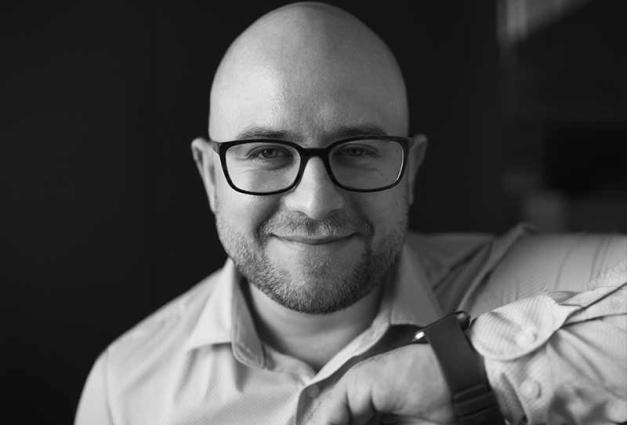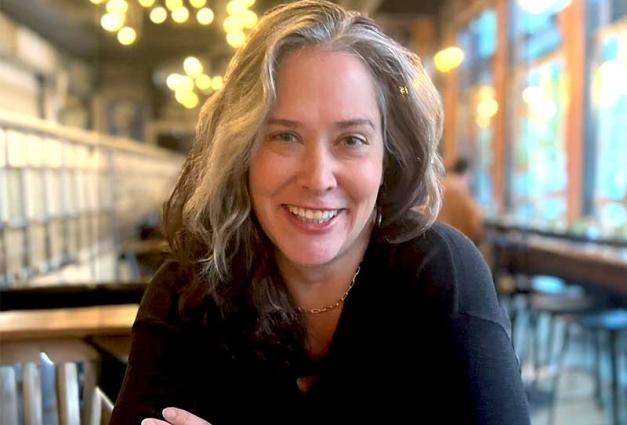Gerben van Kleef is a full professor of social psychology at the University of Amsterdam and an elected fellow of SPSP, SESP, and APS. He is the author of more than 150 scholarly publications and has received multiple awards, including the Best Dissertation Award of the International Association for Conflict Management, the Jos Jaspars Early Career Award of the European Association of Social Psychology, the Most Influential Paper Award of the Academy of Management (Conflict Management Division), and the Outstanding Book Award of the International Association for Conflict Management. He has held visiting positions at UC Berkeley and Columbia University and an extraordinary professorship on behalf of the Royal Netherlands Academy of Arts and Sciences. He has acted as associate editor of Social Psychological and Personality Science and Cognition and Emotion. Since 2015 he serves as chair of the social psychology department of the University of Amsterdam.
Can you recall a moment, experience or person that influenced you or led you to decide that personality and social psychology was the path for you?
Like so many others, I started studying psychology thinking I would become a therapist. And like so many others, I changed my mind after reading an intro to social psychology textbook. And like so many others, I feel I made the right decision.
What career path would you have chosen if you had decided to not pursue psychology?
In an alternate universe I would have loved to be a novelist or a musician. These are very different professions, of course, but both revolve around creativity and imagination. I am fascinated by the creative process. To paraphrase a Dutch comedian: Sometimes I spend days failing to produce an interesting plot or tune, and sometimes I accomplish exactly the same in a matter of minutes… Actually, coming to think of it, academic writing isn't all that different.
What are your current research interests?
My main research interests are in the social effects of emotions, the psychology of power and hierarchy, and the social dynamics of (counter)normative behavior. I am fascinated by these topics because they are all inherently social. I sometimes feel that we are losing sight of the "social" in social psychology. Therefore, in my work I primarily investigate social rather than individual processes. For instance, I study how people are influenced by the emotional expressions of others, how power shapes social interactions, and how people perceive and respond to norm violators.
What led to your interest in emotions?
In 1998, I took a class on emotions by Nico Frijda at the University of Amsterdam. His lectures opened my eyes to the deeply social constitution of emotion. I wanted to know more about this and decided to bring emotions into my PhD research on conflict and negotiation. I soon discovered that behavior in conflict and negotiation is strongly influenced by the emotions people express in the process. As I expanded the scope of my research later on, I found compatible patterns in a wide variety of social settings, including close relationships, group decision making, persuasion, consumer behavior, leadership, and sports. These findings led me to believe that emotions have evolved not just because of their intrapersonal functions, but because of their interpersonal functions. I have spent the past fifteen years developing a theoretical framework that can account for these interpersonal effects of emotions across domains of life: Emotions as Social Information (EASI) theory.
What is the best book you've read recently?
I was impressed by Joseph Henrich's recent book The Secret of Our Success: How Culture Is Driving Human Evolution, Domesticating Our Species, and Making Us Smarter. It presents a thoughtful, well-researched, and provocative (although at times speculative) argument for why culture, more than anything else, is what makes humans unique (for better or worse, I might add). It's one of those rare Big Idea books that really made an impact on my thinking. (The previous one was Jared Diamond's Guns, Germs, and Steel: The Fates of Human Societies).
Outside of psychology, how do you like to spend your free time?
I like music, traveling, and dining (and wining!). After having played in a cover band for many years, I am now writing my own songs. This sources a different type of creativity than I get to express in my daily work life, which I find refreshing. It also allows me to distance myself from work from time to time. This is not always true for the traveling and the dining, which are partly intertwined with work. One of the perks of being an academic is that it allows me to travel around the world. Luckily my wife—a professor of organizational psychology with partly overlapping research interests—is a "partner in crime", so we get to travel a lot together.




